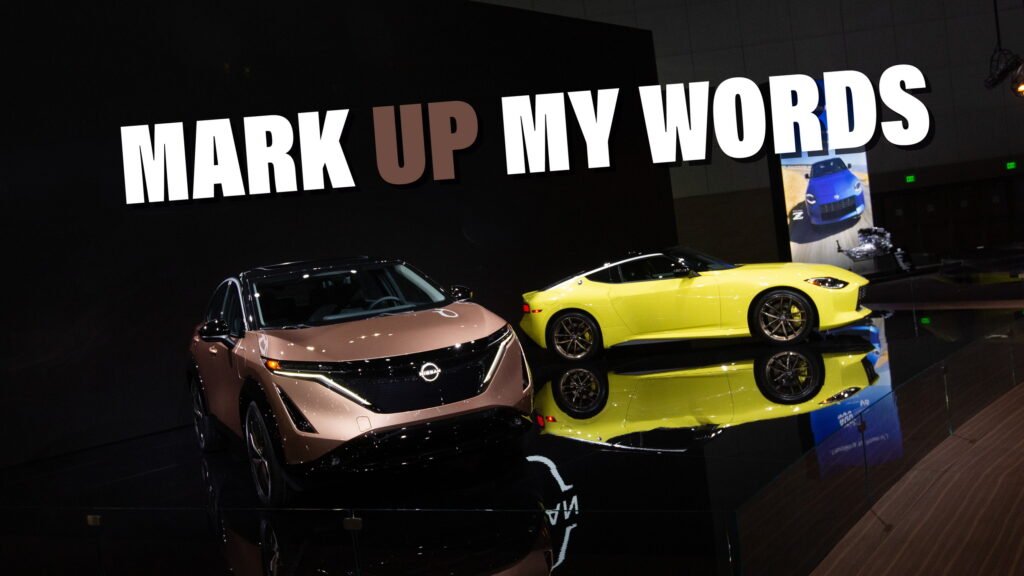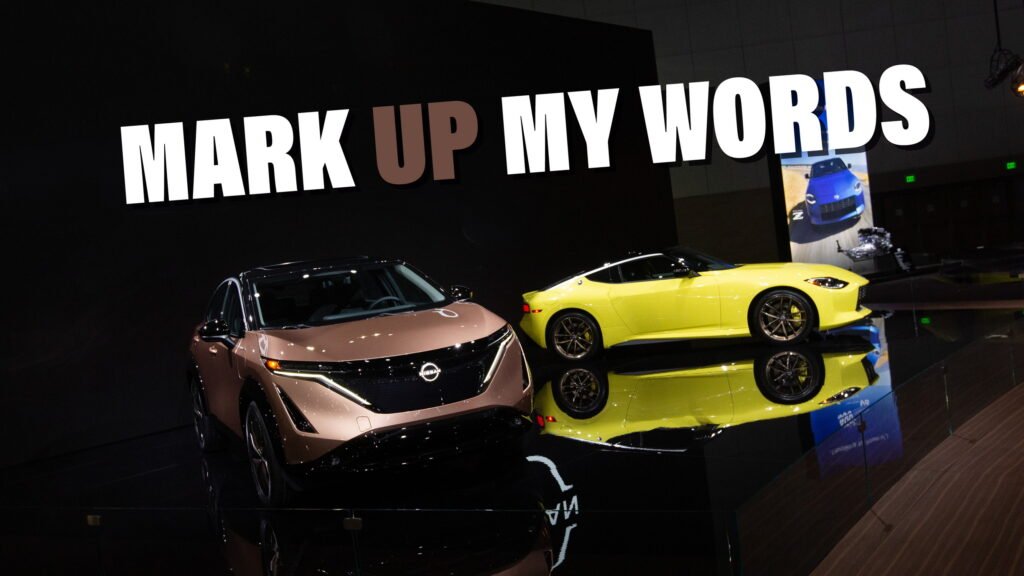
Car dealers have a big problem when it comes to customer trust. Profits have been so good for a while and regulations so relaxed that shady practices still exist. A new survey shows that the vast majority of customers still don’t trust dealers, even though most ultimately avoid many shady tactics.
window.ramp.que.push(function () { window.ramp.addTag(“pwMobiMedRectAtf”); })
The research comes from KPA, a company that helps companies comply with new rules, regulations and laws. 2,098 people aged 18 and over were surveyed about their dealership experience between January 16 and 18 this year. The details of how they perceive dealers are quite damning.
More: Weak sales lead to largest inventory since pandemic, Stellantis drowning in unsold cars
advertisement scroll to continue
window.ramp.que.push(function () { window.ramp.addTag(‘pwDeskMedRectAtf’); })
window.ramp.que.push(function () { window.ramp.addTag(“pwMobiMedRectBtf1”); })

First, as many as 76 percent of respondents do not trust dealers when it comes to transparent pricing. Additionally, 84 percent believe that most dealers lack price transparency, and 86 percent express concerns about hidden fees. Surprisingly, despite these perceptions, many respondents noted that their actual dealer experiences were not as negative as expected.
- On their perception of dealers:
- 86% are concerned about hidden costs when buying/leasing a vehicle.
- 76% distrust car dealers to be honest about prices.
- 84% believe that price transparency is lacking at most car dealers.
According to the survey, 34 percent said they felt pressured to buy add-ons, 30 percent discovered hidden fees after agreeing on a price, 28 percent felt the seller tried to deceive them, and 29 percent left a dealer because they felt prices were unfair. Sure, those numbers aren’t great, but they certainly show how people view dealers. Furthermore, this does not mean that the remaining percentage of buyers had a positive experience.
In an interview with AutoNews, KPA CEO Chris Fanning explained what dealers need to do to adjust their perception and comply with the upcoming FTC rules on junk fees. “I think the dealers can still do some work to communicate a stronger culture and more transparent practices,” he said.
window._taboola = window._taboola || (); _taboola.push({ mode: ‘thumbnails-a-mid’, container: ‘taboola-mid-article’, placement: ‘Mid Article’, target_type: ‘mix’ });
window._taboola = window._taboola || (); _taboola.push({ mode: ‘thumbnails-oc-2×1’, container: ‘taboola-mid-article-thumbnails-organic’, placement: ‘Mid Article Thumbnails Organic’, target_type: ‘mix’ });
- About their dealer experience:
- 34% felt pressured to buy ‘add-ons’.
- 30% agreed on price but discovered hidden fees when signing paperwork.
- 28% felt the seller tried to trick them into a deal.
- 29% left one dealer for another because of doubts about the fairness of prices.
“Complying with the law and communicating that they are following every step very carefully and conscientiously and making sure that every customer knows that this is happening every day, with every employee – it’s a lot to ask. But the more they work toward that goal, the better the experience will be for people buying cars and the higher the level of trust will be with people coming in,” Fanning added.

